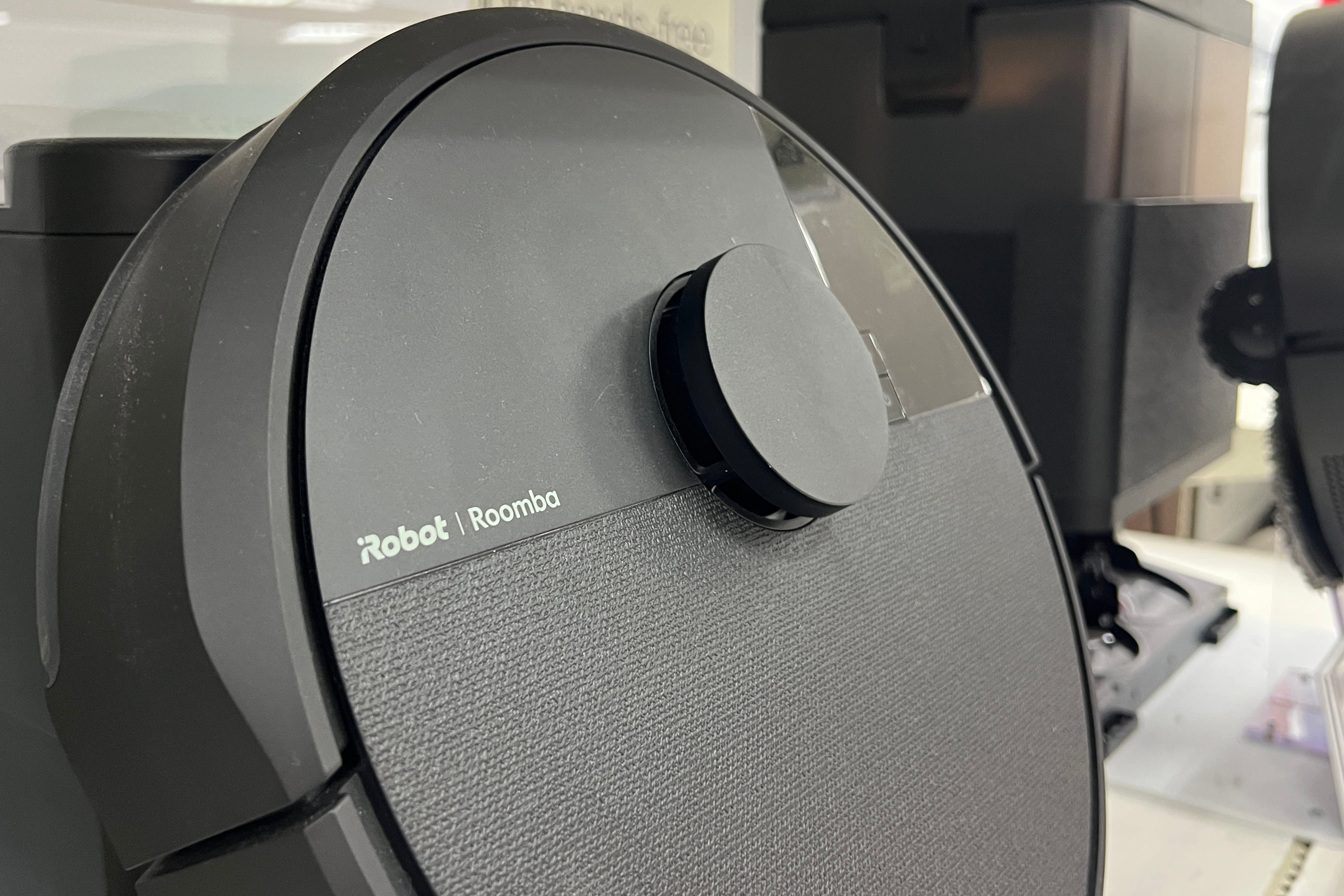Tech company OpenAI has teamed up with Irish-founded fintech Stripe to monetise its generative artificial intelligence products, ChatGPT and DALL E.
The AI products have captured the public attention in recent weeks as the race to release the next generation of the technology gathered pace.
Under the partnership, Stripe will also integrate the company’s new natural language technology, GPT-4, into its products and services. This will start with Stripe Docs, using the technology to allow developers to pose natural language queries and simplify the process.
“We’re excited to work with Stripe to monetise our flagship products,” said Peter Welinder, vice president of product and partnerships at OpenAI. “Beyond payments, Stripe is helping us with everything from recurring billing and tax compliance to automating our financial operations.”
RM Block
Using Stripe for payments has allowed OpenAI to develop and launch a global payments system for multiple product lines in a matter of weeks. The premium subscription version of ChatGPT, ChatGPT Plus, uses Stripe Billing and Stripe Checkout, while DALL E will use Stripe’s technology to offer customers the ability to purchase credits that allow them to generate new images.
OpenAI will also use Stripe technology that allows users pay faster, meet its own tax obligations and manage refunds and disputes.
OpenAI joins other generative AI companies, including Runway, Diagram and Moonbeam, in using Stripe’s platform.
“As these new AI companies proliferate, we’re helping them with smart monetisation strategies that get their products into more hands,” said David Singleton, chief technology officer at Stripe.
Building on its existing use of artificial intelligence in its products and experiences, Stripe will use GPT-4 to summarise relevant parts of the documentation in Stripe Docs, and extract specific information, freeing up developers to spend more time building products.
“Like the introduction of email, smartphones, or videoconferencing, GPT-4 has the potential to fundamentally rewire—and improve—how businesses run,” said Eugene Mann, product lead for applied machine learning at Stripe. “By integrating GPT-4, Stripe is giving our users the most advanced tools to help them build and grow online.”




















